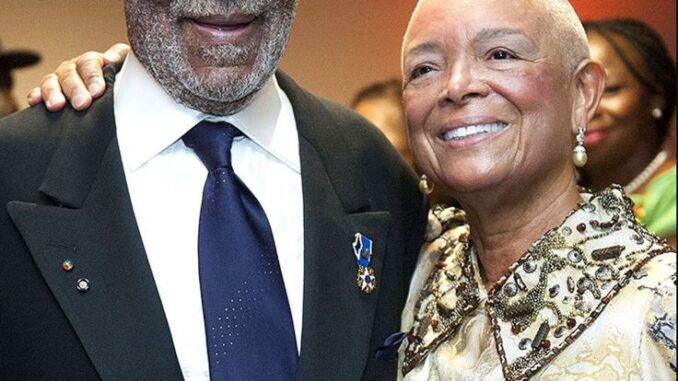
The Cosby Show stands as one of the most influential television series in American history.
Airing from 1984 to 1992, the show, created by and starring Bill Cosby, reshaped the landscape of sitcoms and challenged stereotypes about African American families on television. Its impact was felt not only in terms of its groundbreaking portrayal of Black life but also in how it set a new standard for family-oriented sitcoms.
At the heart of The Cosby Show was the Huxtable family, an affluent African American household living in Brooklyn, New York. Cliff Huxtable (played by Bill Cosby), a successful obstetrician, and his wife, Clair (played by Phylicia Rashad), a high-powered attorney, raised their five children with a balance of humor, wisdom, and warmth. The family dynamic was relatable to audiences of all backgrounds, breaking down barriers by showcasing a successful, educated Black family in a time when such representation was rare on mainstream television.

The show stood out for its positive portrayal of Black culture, with frequent references to historically Black colleges, jazz music, and African American art. Its messages about education, hard work, and family values resonated with audiences across racial lines, making it a universal hit. For eight seasons, it dominated the ratings and became one of the highest-rated shows in TV history, attracting millions of viewers each week.
Beyond its entertainment value, The Cosby Show was lauded for addressing important social issues. Episodes touched on themes like racism, gender equality, and teenage challenges, often weaving these topics into the narrative with humor and sensitivity. These storylines helped raise awareness and spark conversations around these issues in a way that few shows had done before.
However, in more recent years, the legacy of The Cosby Show has been complicated by the legal controversies surrounding Bill Cosby. His conviction for sexual assault has led to widespread debates about how to separate the show’s cultural significance from its creator’s actions. Despite this, many continue to recognize the groundbreaking nature of the show itself and its lasting impact on television history.
The Cosby Show remains a landmark in American television. Its pioneering representation of Black families, its universal appeal, and its ability to blend comedy with meaningful commentary on societal issues have cemented its place in the cultural canon. The show continues to be remembered for its contributions to the sitcom genre and for opening doors to more inclusive storytelling on television.
